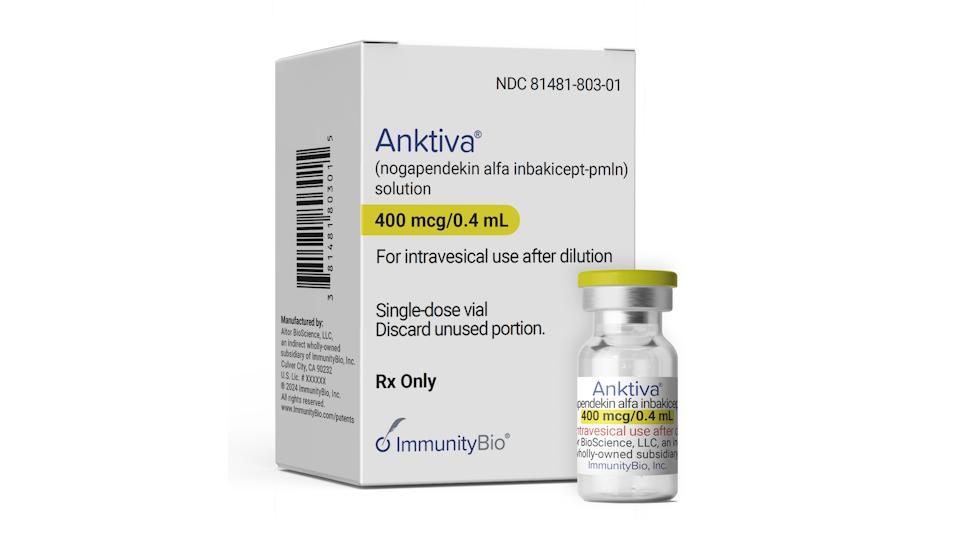Positive results for Pacific Edge's bladder cancer diagnostic

Cancer diagnostic company Pacific Edge has revealed positive trial results for its Cxbladder Monitor gene expression test.
The test, designed to detect levels of five known bladder cancer biomarkers from a urine sample, was demonstrated as an effective rule out diagnostic, achieving a 93% sensitivity level and 97% negative predictive value, significantly out-performing existing urine detection tests for recurrent urothelial carcinoma (UC).
The prospective, blinded study involved the analysis of 1,117 urine samples from a population of 803 participants with recurrent UC. Patients were then monitored over a period of six months or for a maximum of three cystoscopic evaluations – the current gold standard in recurrent UC diagnosis.
"Cxbladder Monitor will provide urologists with greater certainty of their clinical evaluations, and patients with a non-invasive way to monitor their disease," said Dave Darling, chief executive of New Zealand-based Pacific Edge. "The impressive results that were presented by Dr. Lotan enable physicians to rule out those patients with a low probability of having recurrent disease and obviate the need for other urine diagnostic tests."
Darling says the test can be used as either a standalone option for low-risk patients or as a negative confirmatory adjunctive test to cystoscopy with the intent to postpone further investigation.
The work of Pacific Edge is part of an emerging new generation of diagnostic tests which could revolutonise medicine over the next 20 years. This includes the liquid biopsy revolution in cancer diagnostics, with numerous companies focusing on identifying specific cancer-causing genes or stages of bladder cancer.
California-based Trovagene for example currently has three licensed liquid biopsy tests for BRAF, KRAS and EGFR mutations in the US, whilst Belgium's MDxHealth is developing its prostate cancer test ConfirmMDx into a bladder cancer diagnosis technology with the aim of creating a test that can rule out haematuria.
Based on the results presented at the American Urological Association 2016 conference, the Cxbladder monitor currently stands alone in the recurrent UC diagnostic field and, with its non-invasive design, offers a major advantage over traditional diagnostic tests that create a significant burden on low-risk patients.
Released in New Zealand in 2015, Cxbladder Monitor is the third of a series of diagnostic tests for bladder cancer produced by Pacific Edge, following the release of Cxbladder Detect and Cxbladder Triage. The company is now planning to market its Cxbladder platforms for a US release later this year as well as moving into the colorectal cancer market with the imminent release of its Cxcolorectal test.












